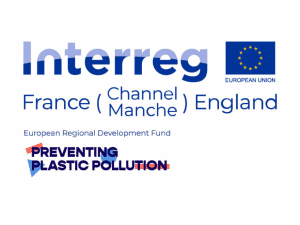Why is plastic such a big issue?
Watch an episode of Call the Midwife, the period drama set just after the Second World War, and you will be hard pressed to spot any pieces of plastic. Yet in the 70 years of our Queen’s reign, plastic has infiltrated our lives so much that it has become the preferred material for creating just about everything.
From a starting point of 1.5 million tons of plastic manufactured in the year 1950, a graph produced by the Plastic Oceans website shows that more than 370 million tonnes were created in 2021.
This reflects that plastic is versatile, cheap and light – to manufacture as well as to transport. It is also waterproof and – as food suppliers will argue – can keep products fresh for longer. Plastic, in robust form and used for the long-term, is in many items we use regularly – vehicles, waste bins, guttering, or computers and telephones.
However, in single-use form in particular, plastic is not always easy to recycle. Furthermore, it is also in many items that are not so obvious: only in recent years have the general public become more aware that it is in coffee cups (which look like paper, but are lined with plastic sheets), wetwipes, chewing gum and cigarettes butts to name just a few items.
Our single-use, disposable culture has left us with a global problem of plastic ending up in our environment. Latest figures on the Plastic Oceans website estimate that 10 million tonnes of plastic per year moves from our rivers to our seas. Meanwhile, the Preventing Plastic Pollution project estimates that 50% of marine litter is single-use items.
Plastic not only pollutes our wildlife: there is evidence that plastic particles – in the form of microplastics – have worked their way into the human food chain, via the ocean wildlife that we eat.
Investigating the issue of plastic in our rivers and oceans – and what can be done about it – was the reason that PPP set up seven pilot projects across England and France, via the EU Interreg VA France (Channel) England Programme.
The South East Rivers Trust runs one of them, on the River Medway – which rises in Ashdown Forest in Sussex and meanders through Kent to the coast, making it a perfect catchment to demonstrate how plastic moves from rivers to oceans. Project statistics state that 80% of plastic in the ocean originally comes from rivers.

